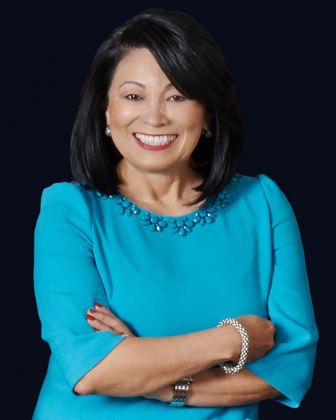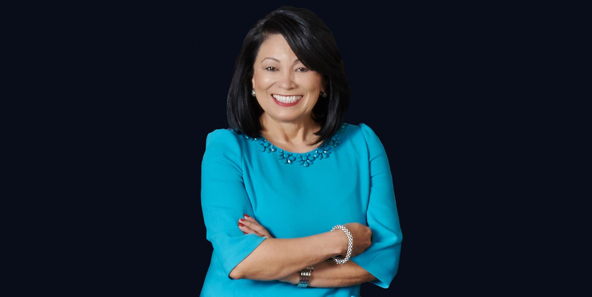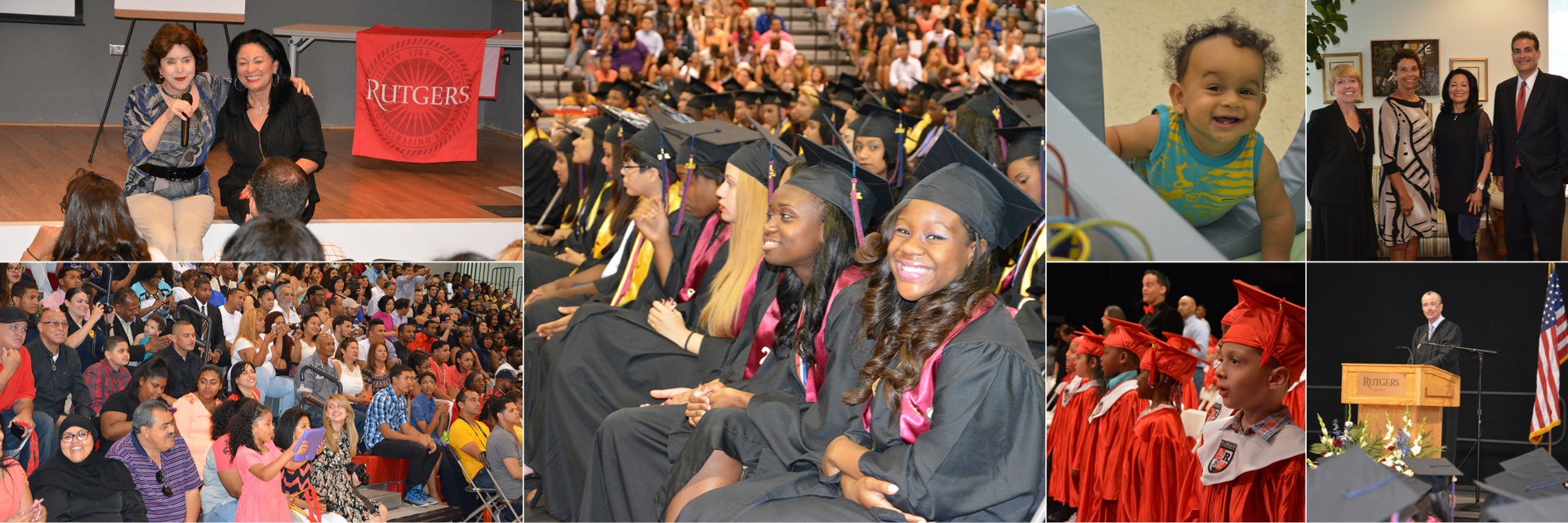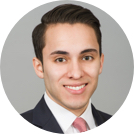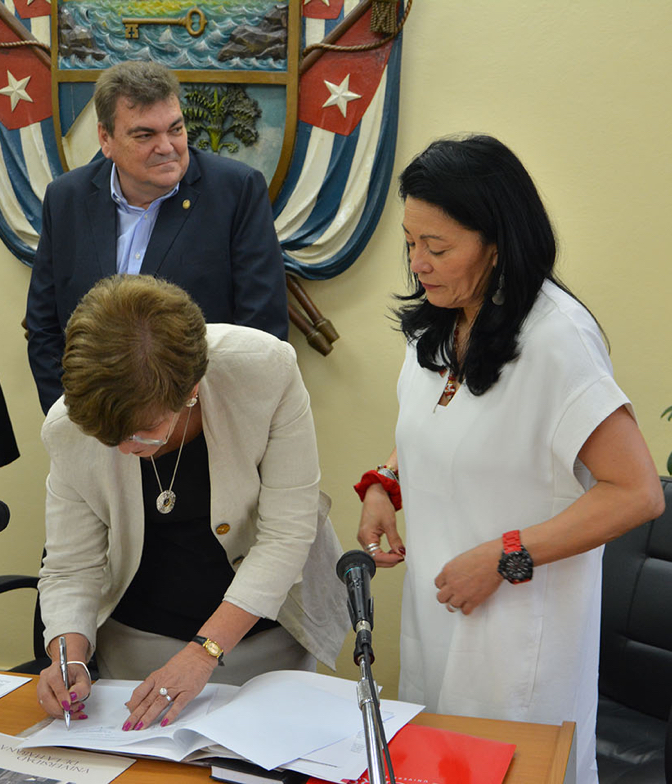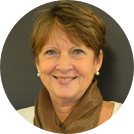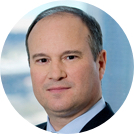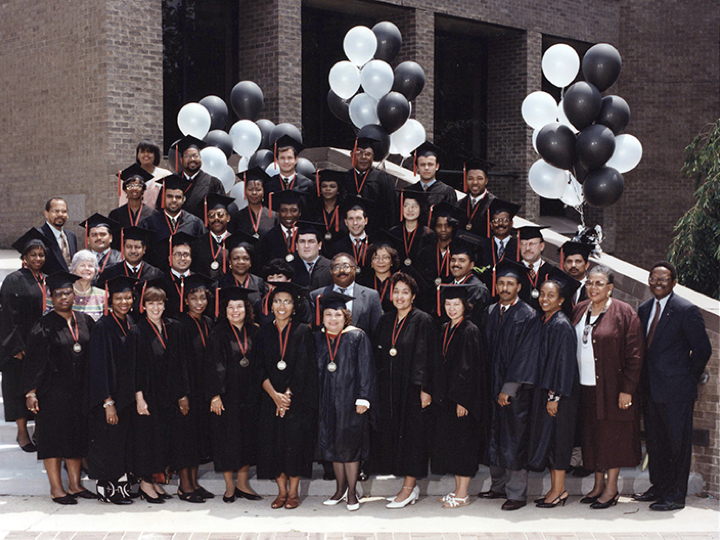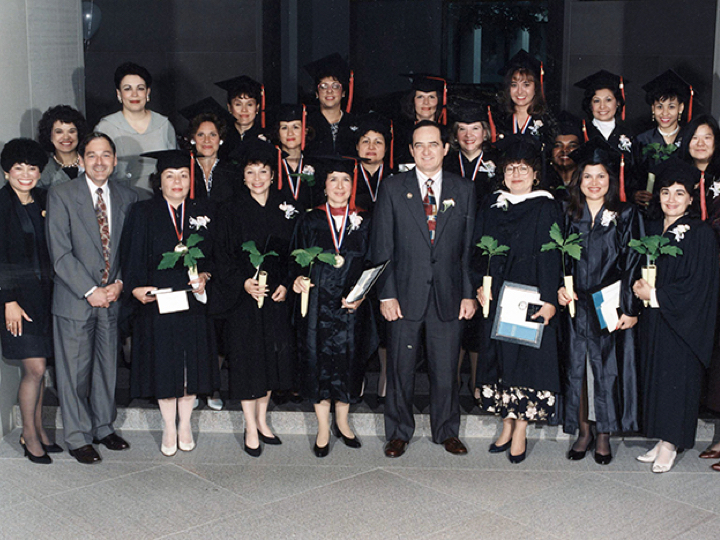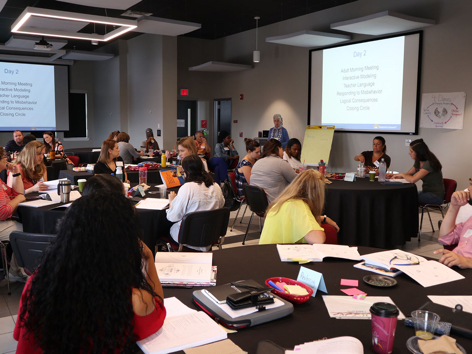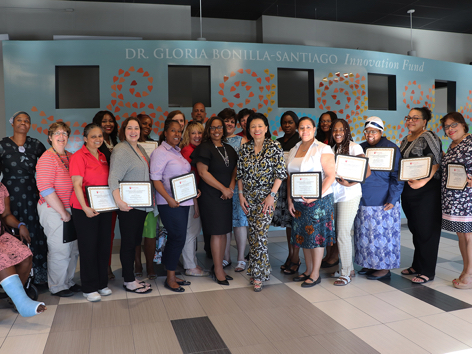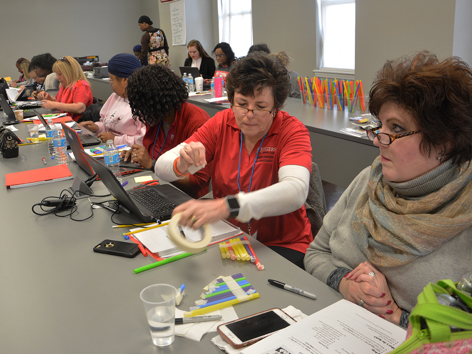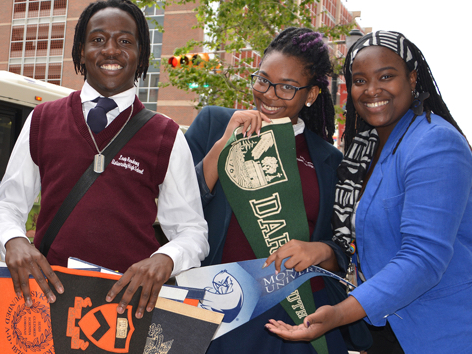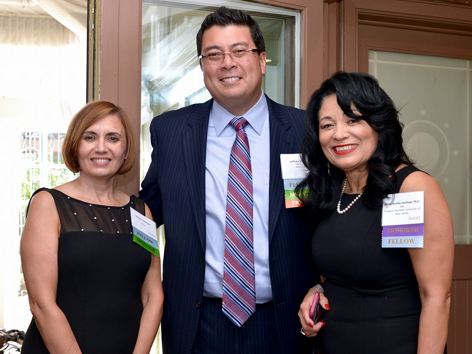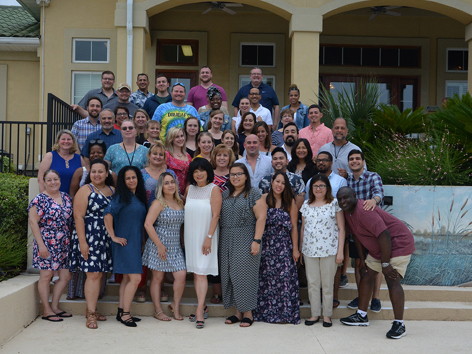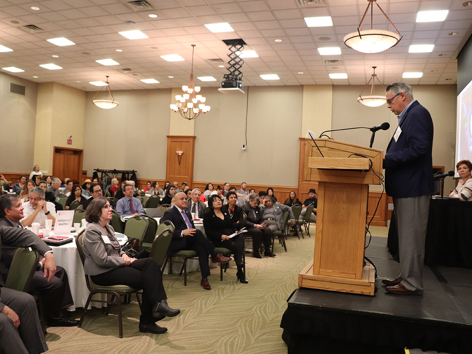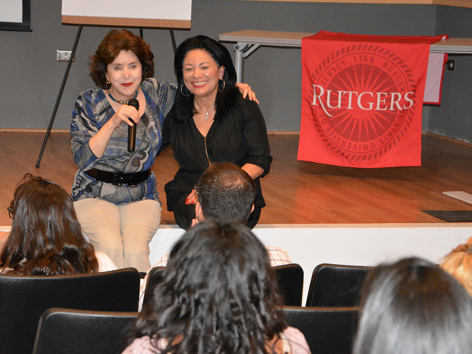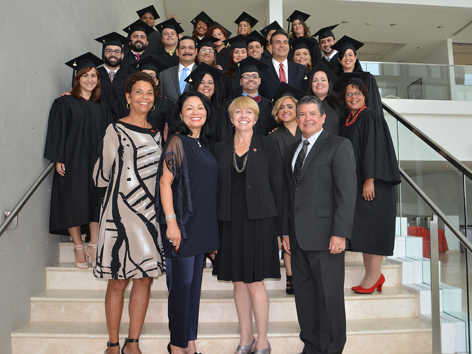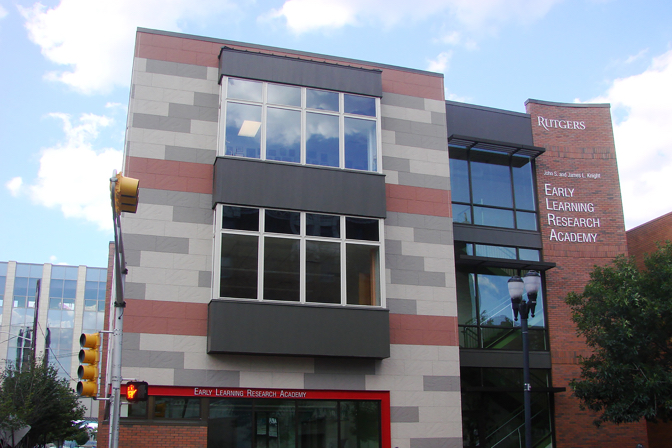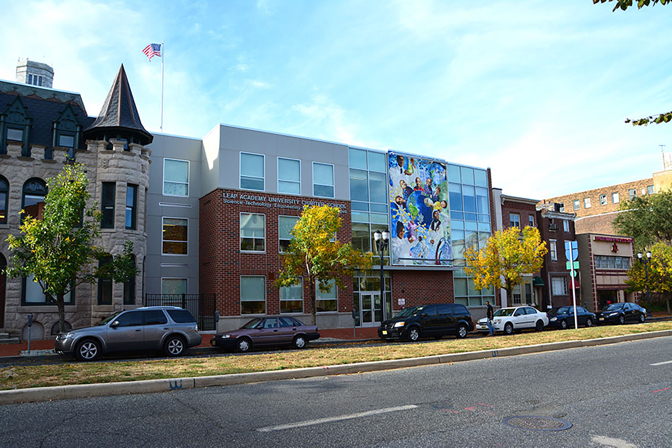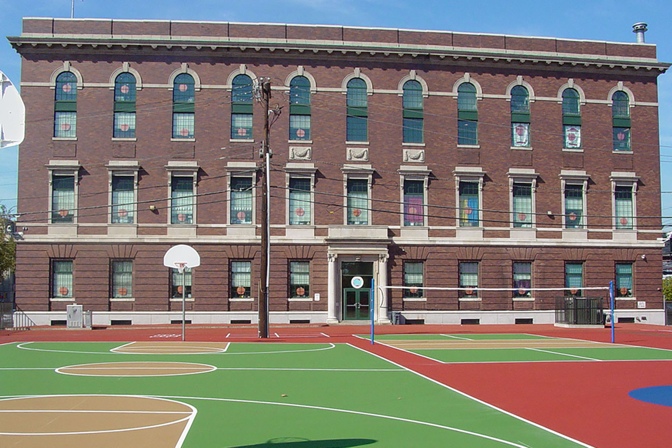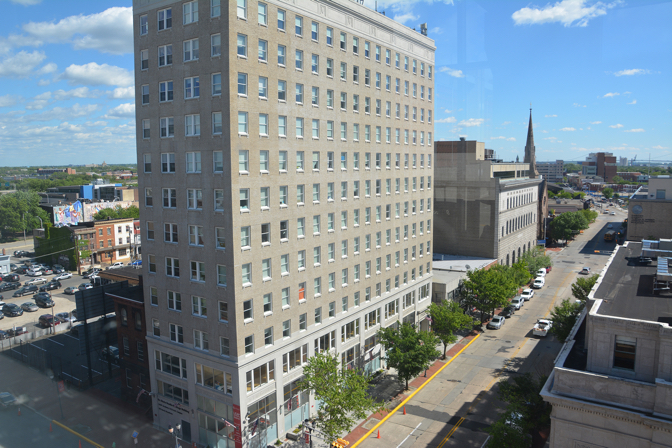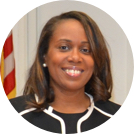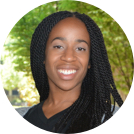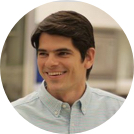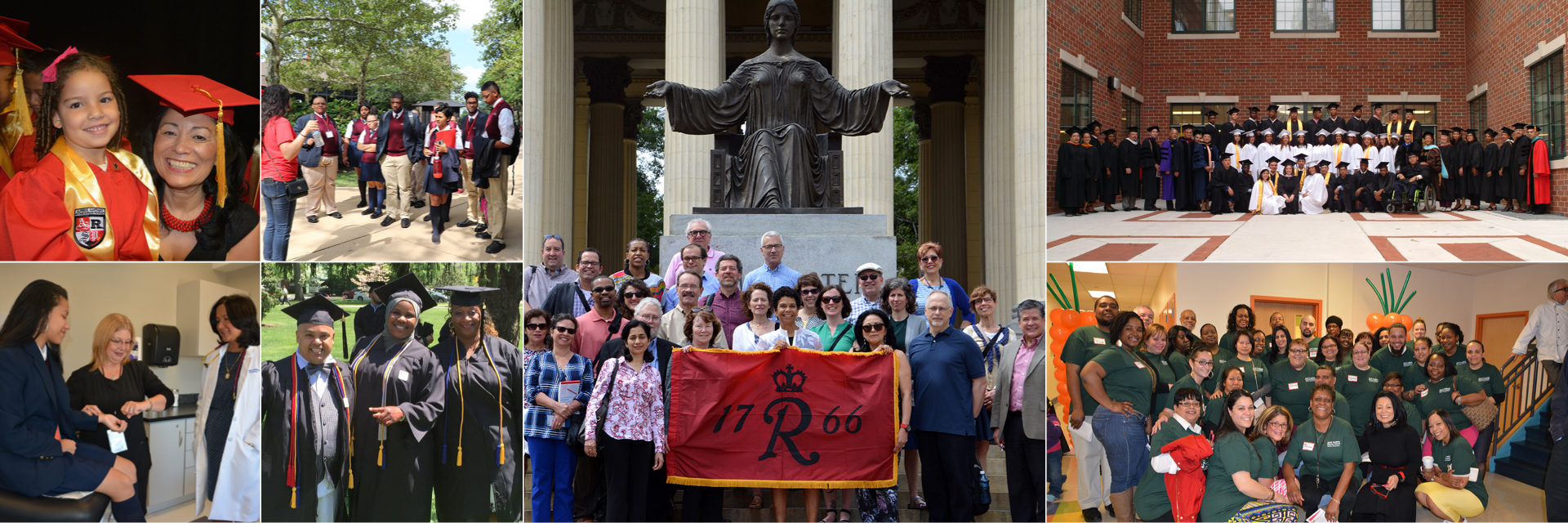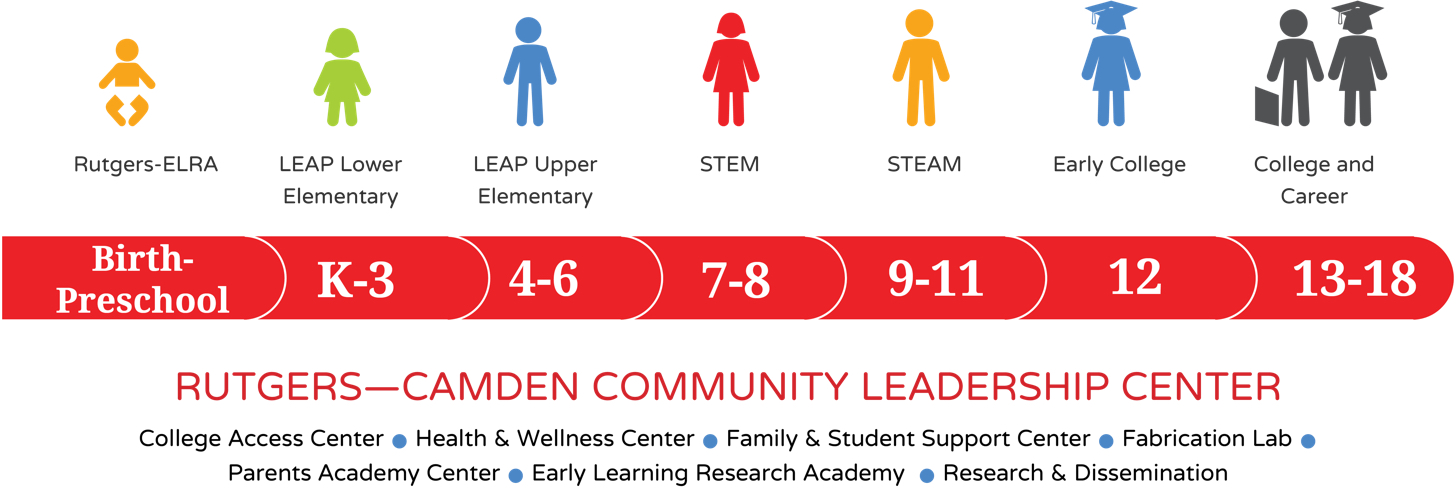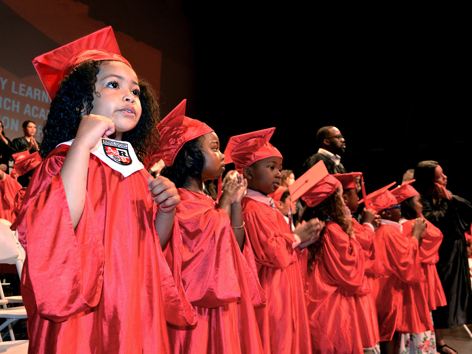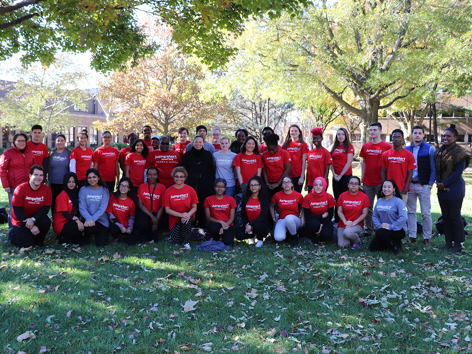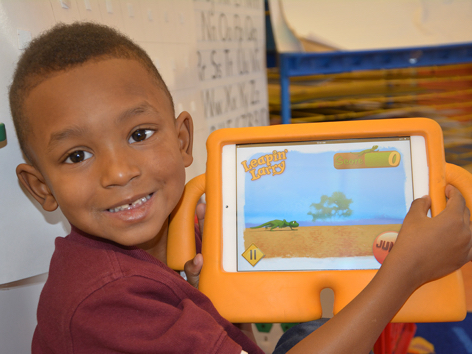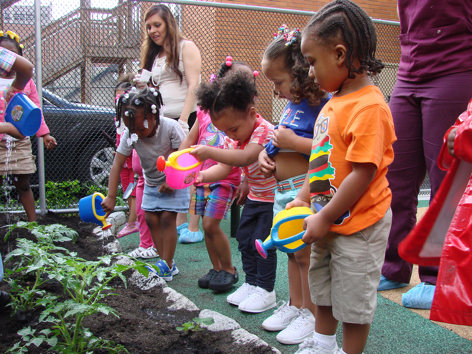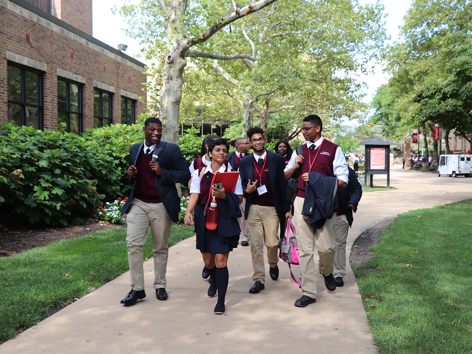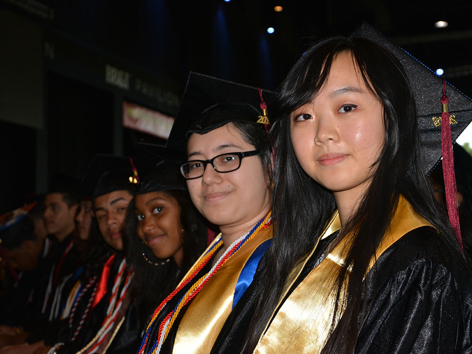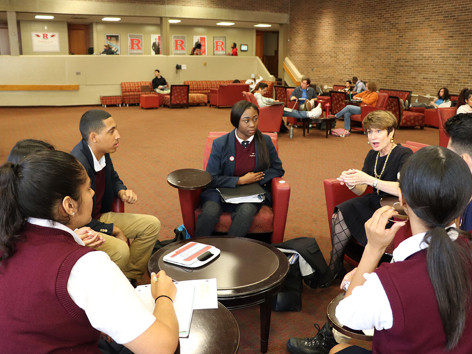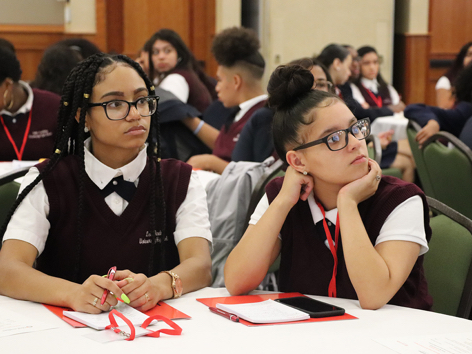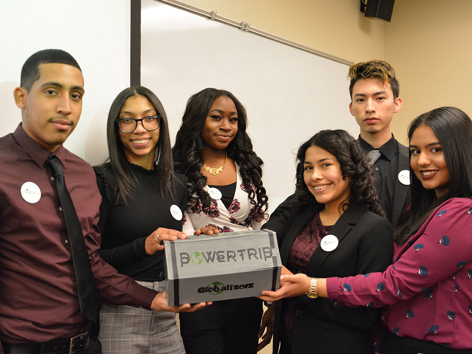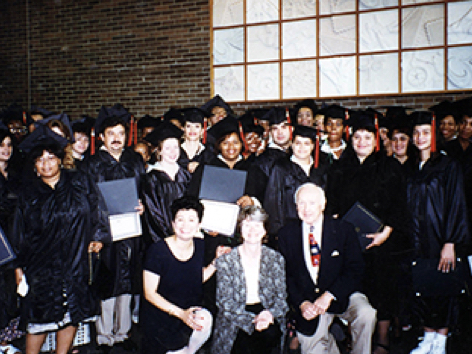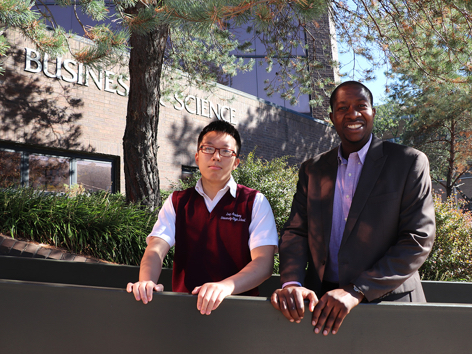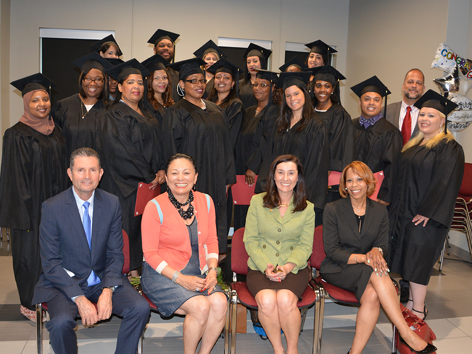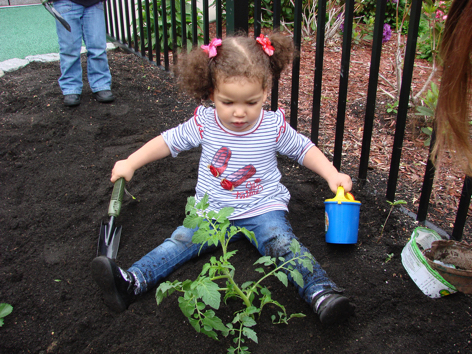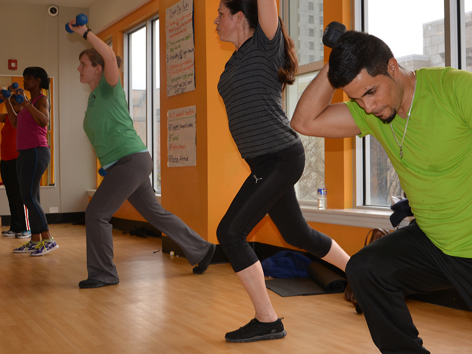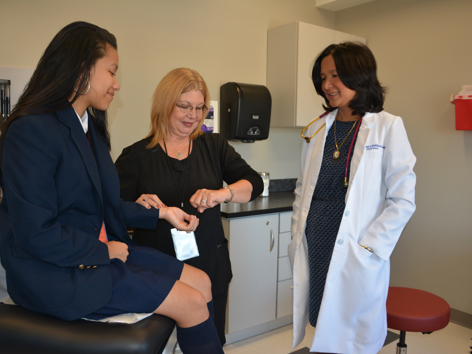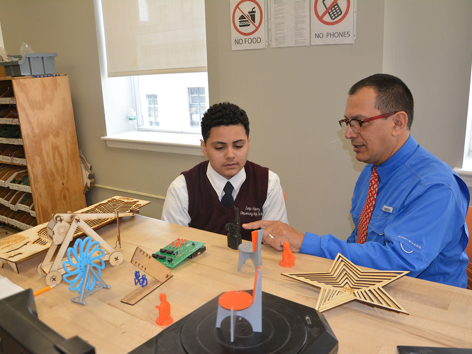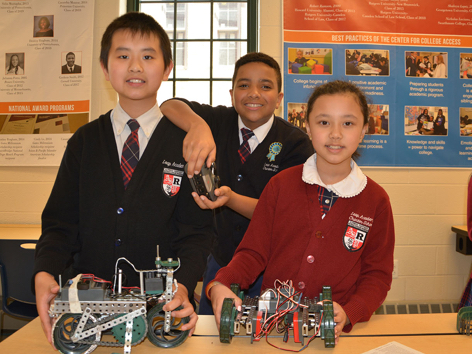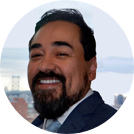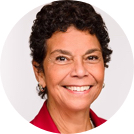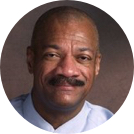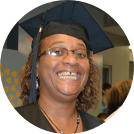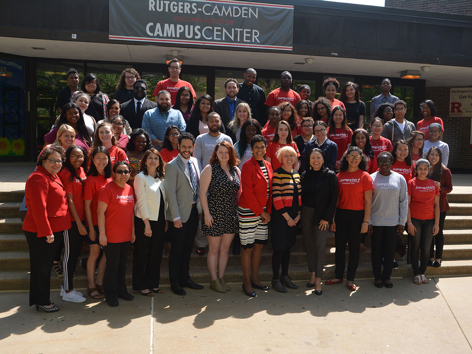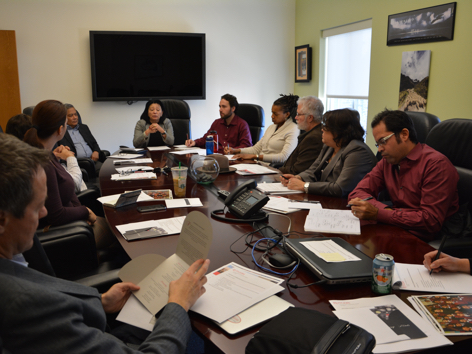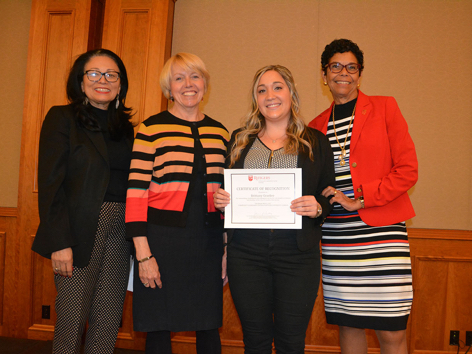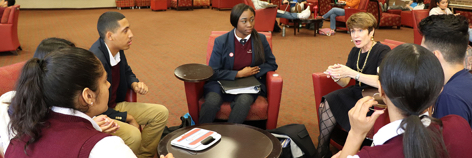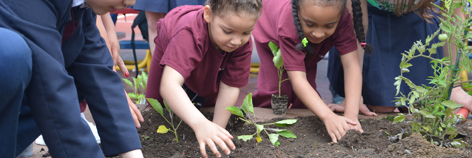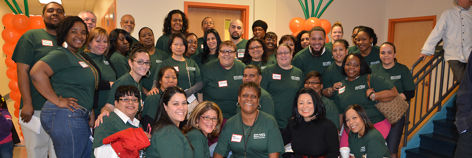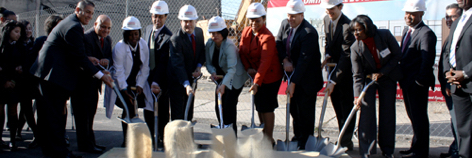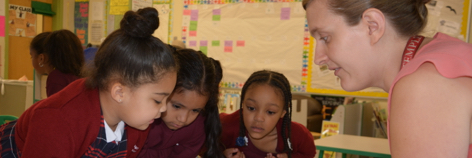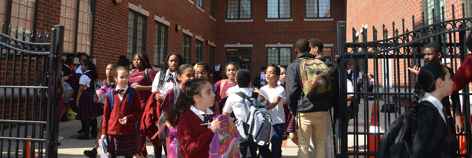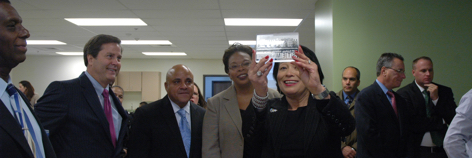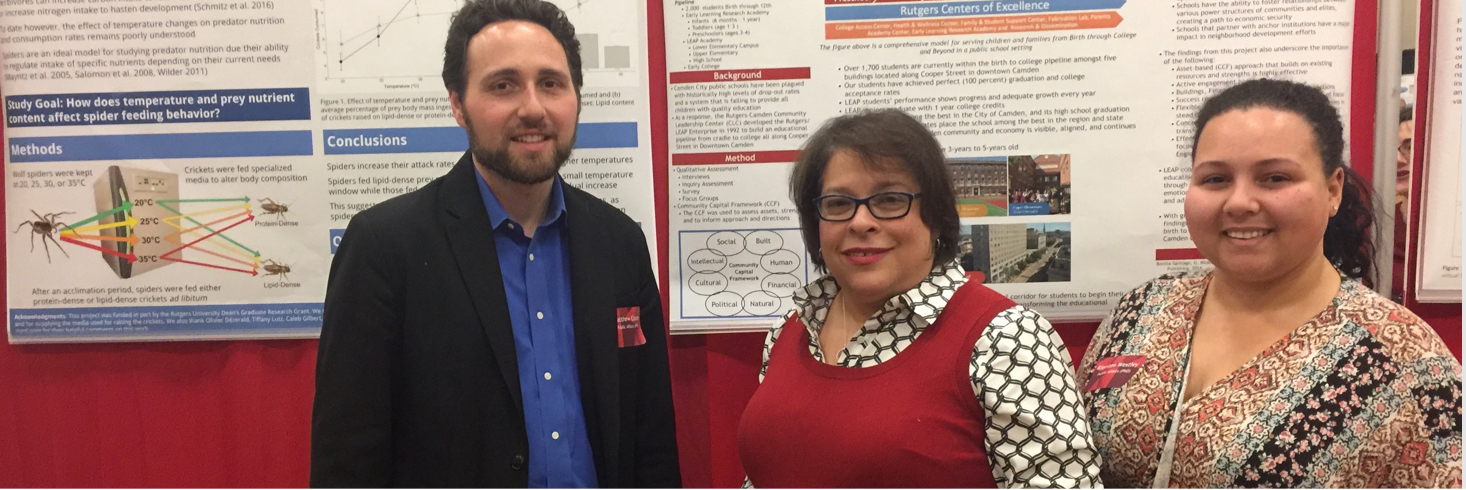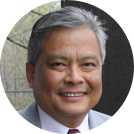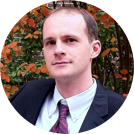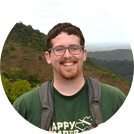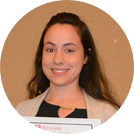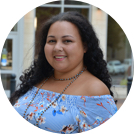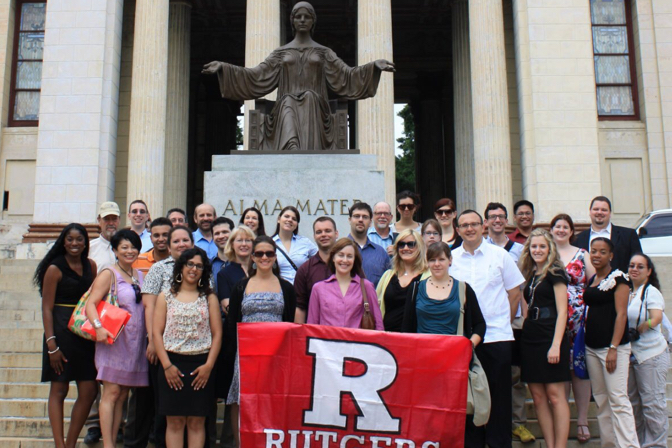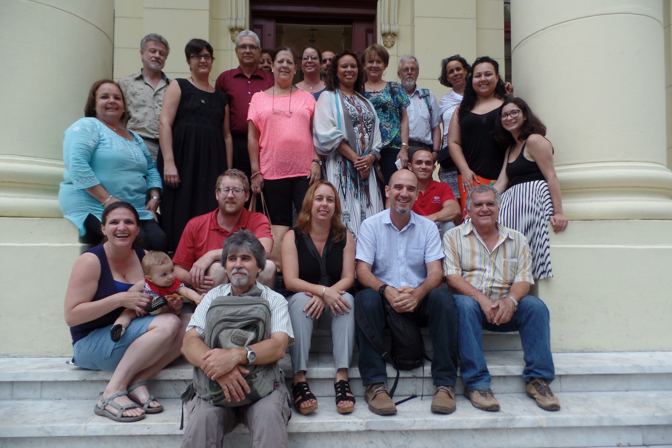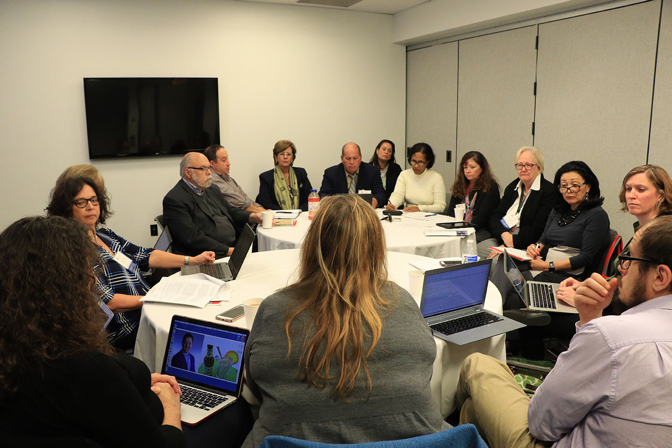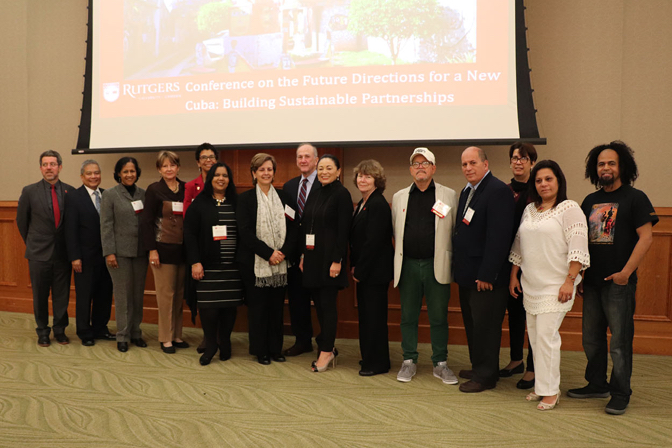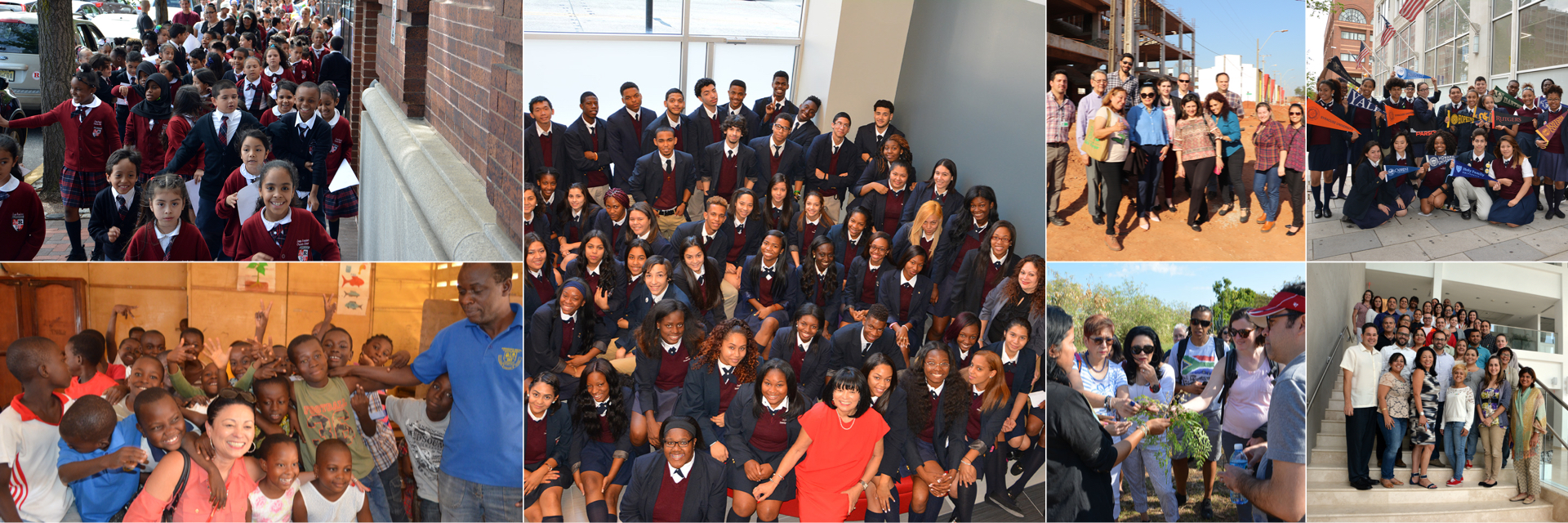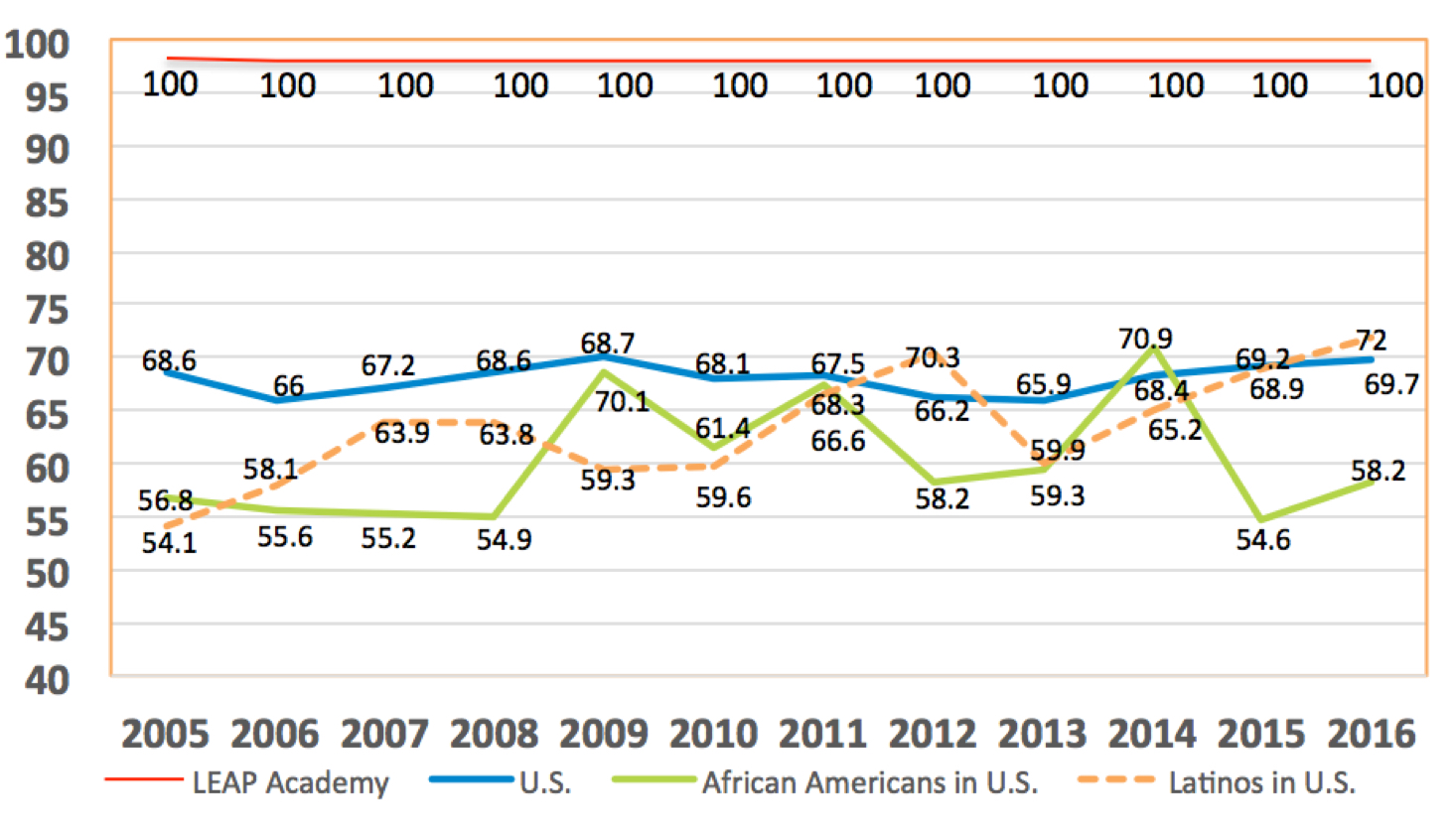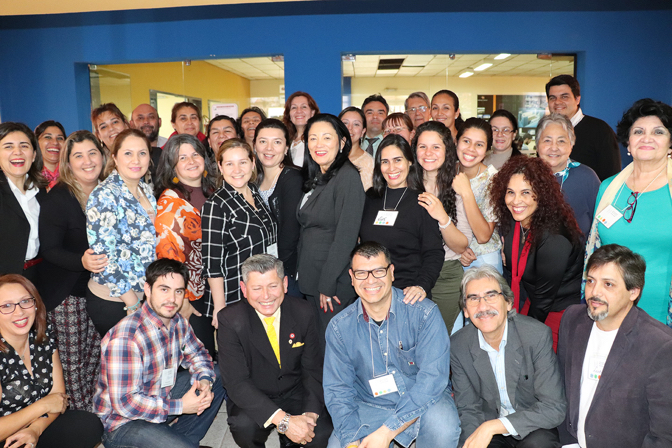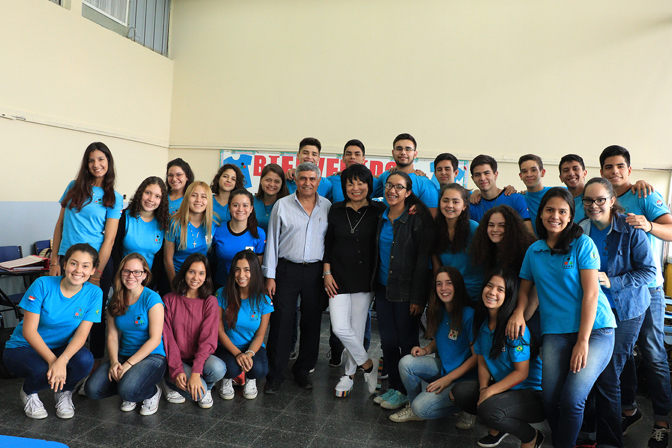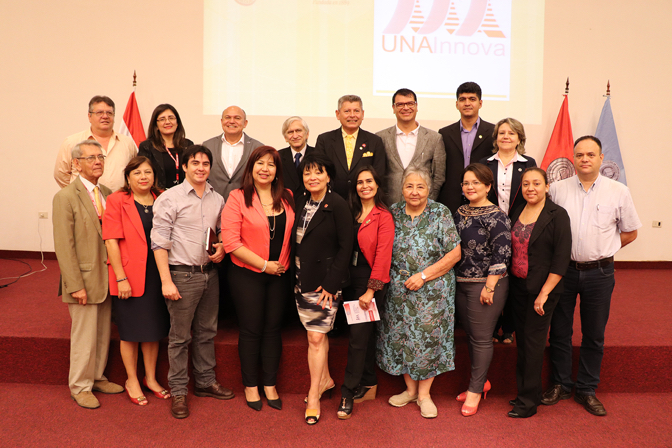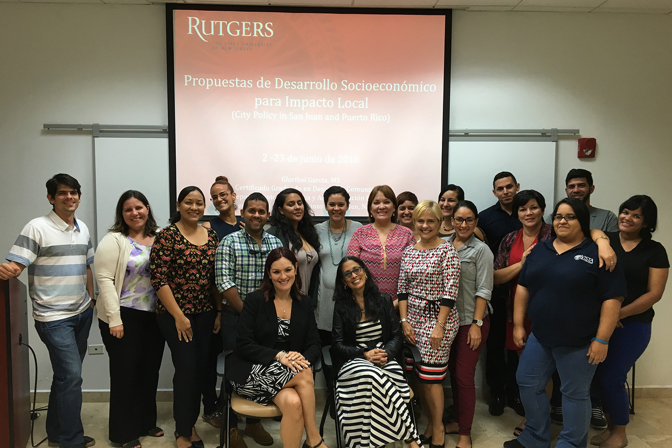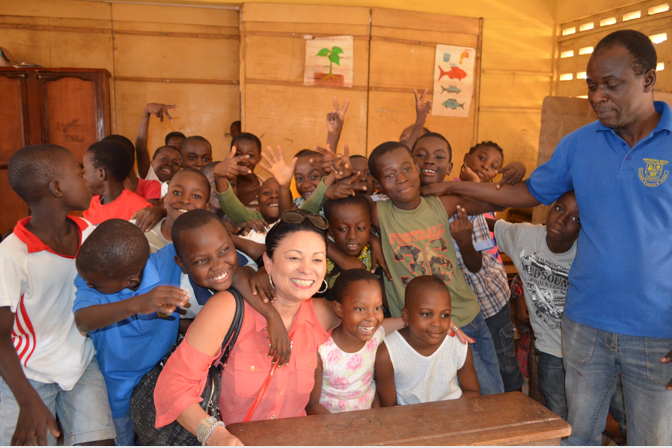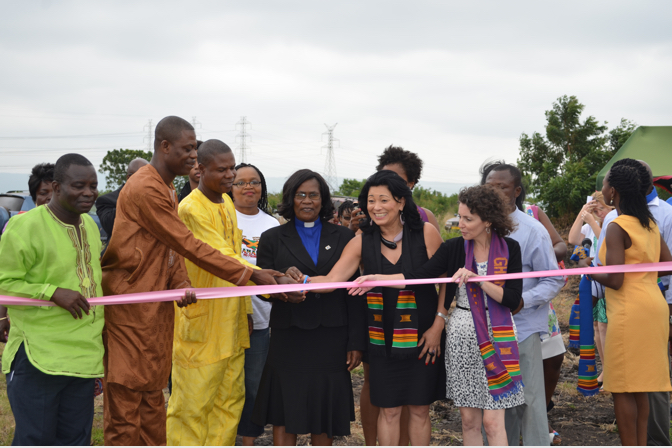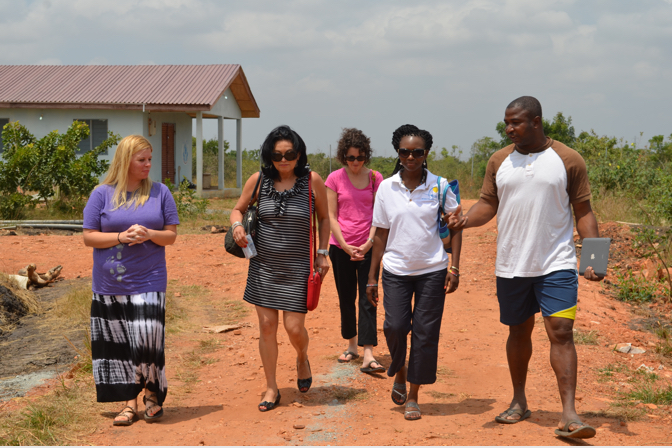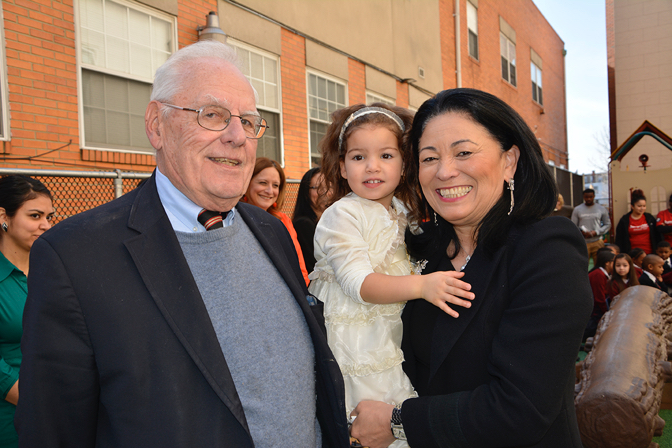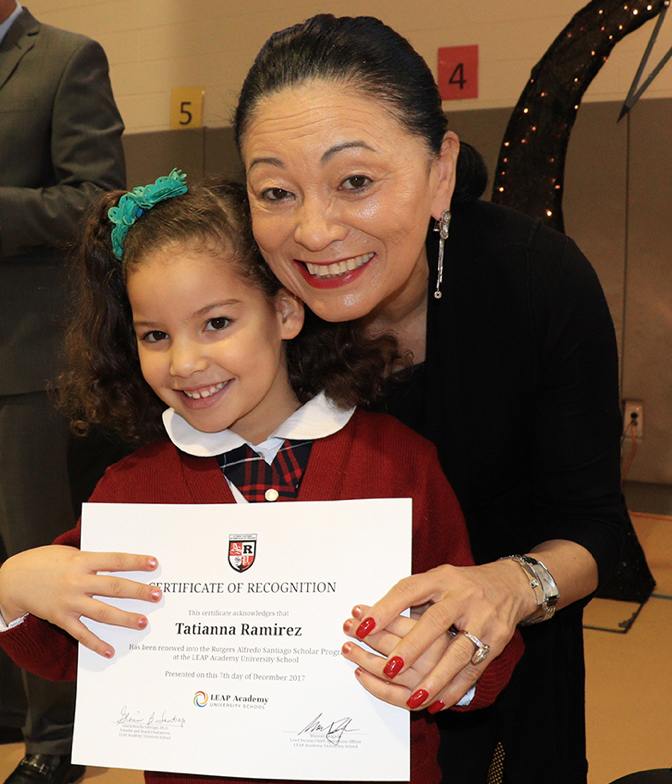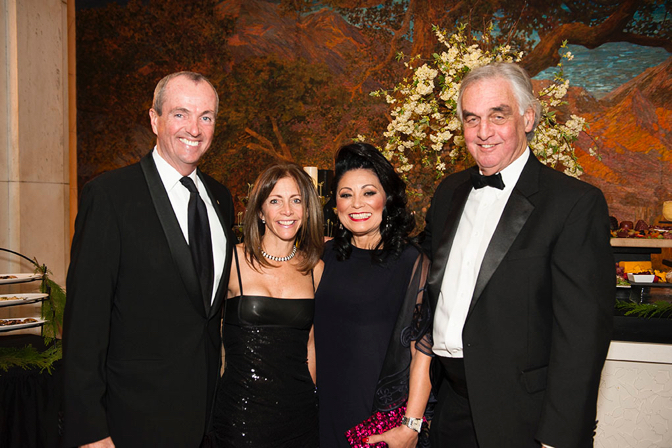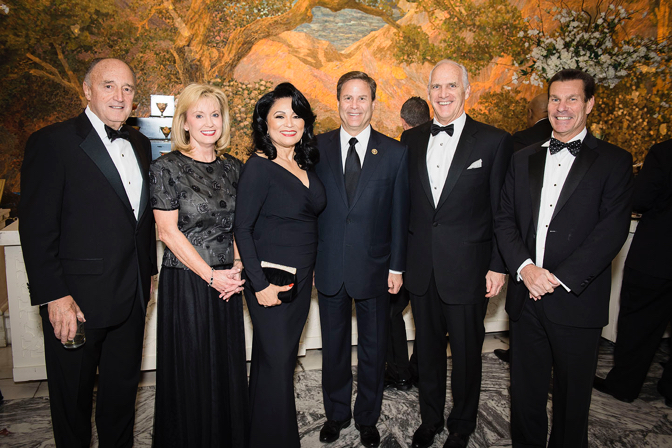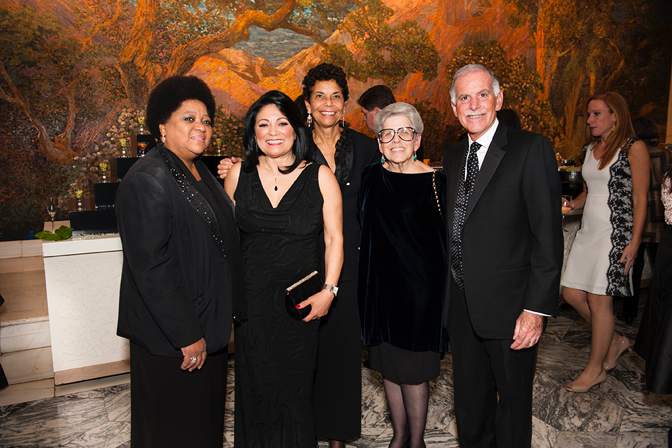Historical Preservation of the Cooper Street Neighborhood and CLC- LEAP Enterprise District
Cooper Street in Camden City is where the CLC-LEAP enterprise began its planning process as an educational corridor to build capacity in a community development pipeline from cradle to college and careers for students and families. This type of comprehensive development approach facilitates human capacity and richness in a community of people who participate and take pride and ownership in their efforts. Camden City has ample amounts of social capital.
The CLC-LEAP Master Plan began in 1990 as result of the city’s poverty and depressed economic conditions. The objective of the collaborative planning process for the LEAP Enterprise, as stated in its final report, was “to create a compelling vision and critical interest for an innovative, alternative approach to serve the educational needs of the children and families of Camden.” In every facet of the endeavor, the planning always placed children and families first. The aim was to design a community development model conceptualized as cradle to college that was comprehensive enough to serve the entire community and would provide educational, human, health, legal, and business services for their families.
During the school planning and design process, a physical design working group with architects among its members identified a space for the community. Consequently, four buildings were renovated in the historic district of Cooper Street as part of the development project. Two sites were built new. Over the last 25 years, the beauty of Camden’s historic buildings was preserved and structures were revitalized as places of learning and community connection. In 2008, two school buildings occupied 116,736 square feet of space; by 2017, four state-of-the art facilities that are as impressive outside as they are inside occupied 227,736 square feet. By constructing and revitalizing six buildings along Cooper Street that now serve as educational hubs of opportunity, the Rutgers CLC has preserved Camden’s history and simultaneously maximized its existing built capital by addressing the current and future needs of the community. Our presence has also increased the real estate value of the surrounding neighborhood, and the investment made to repurpose vacant land and buildings will continue to pay off for years to come.
Our efforts to create clean and healthy spaces in Camden that are conducive to positive learning environments have earned us commendation from the Environmental Protection Agency. Together, with the community, we have erected playgrounds, cleaned vacant lots, and planted gardens that not only beautify the environs, but lead to cleaner bills of health than before we took action. These efforts, in turn, pique interest in moving into the neighborhood, help increase property values, and reduce the probability of further blight.
By tapping and expanding on Camden’s existing natural community capital, the Rutgers CLC beautified the surrounding physical environment and showed our respect for the spaces where we play, work, and live.
We have embedded our strategies to work with the region’s natural capital directly in an inquiry-based curriculum that offers outdoor learning opportunities. In 2017, for example, the Rutgers CLC secured a $50,000 grant from State Farm’s Youth Advisory Board to continue LEAP Academy students’ practice of planting seeds in city containers with fresh soil. This student-driven urban farming project earned the Rutgers-Newark’s 2015 Social Justice Challenge award for addressing Camden’s “food desert,” a term applied by the United States Department of Agriculture, to describe our region for the lack of access to healthy foods. In this way, we change the natural environment, educate residents about nutrition, and empower students.
Rutgers CLC Framework on Building the Community Capitals
The Rutgers CLC has created opportunities for fostering urban leaders, improving schools’ capacities through professional development, and collaborating with partners locally and globally to strengthen communities while also providing meaningful learning opportunities for Rutgers students and faculty.
Building a network of urban leaders statewide: Programs geared at developing local leadership anchored the early years of the Rutgers CLC. Early work in this area included opening the Hispanic Women’s Leadership Institute, which prepared over 500 Latinas in New Jersey for positions of leadership, and the Leadership Management for Urban Executives Institute, which brought together emerging leaders from diverse backgrounds to tackle the challenges of urban development issues, while addressing ethnic conflict in densely populated communities. The Latino Fellows Institute prepared young Latino college students for careers in government and non-profits. These early initiatives established the Rutgers CLC as a hub of leadership development and paved the way for creating more programs in New Jersey, the region, and abroad. Over the years, these programs have evolved into more targeted efforts addressing the needs for working with teachers, school leaders and community leaders in select communities. Programs such as the Teacher Development Leadership Institute and the School Leadership Academy were developed parallel to the CLC’s work in education. At a community based level, work with parents resulted in the Parents Academy for School Reform and the Health Education Literacy Program. Over 10,000 individuals have benefited from these programs.
Building Capacity for Schools: Building capacity for schools provided a new platform for the professional development efforts of the CLC. A partnership with the Camden Board of Education and the Rutgers’s Department of Public Policy and Administration facilitated the development of the Educational Leadership and Policy academic specialization under the Masters of Public Administration program to increase the capacity of emerging and veteran school leaders for the Camden Public School District. This effort produced principal candidates with the academic credential to serve schools all over the city. We also offered a parallel Academy for School Leaders to ensure that continuity and sustainability of school leadership is in place. Thanks to support from the Knight Foundation and William Penn Foundation, the CLC also launched the Rutgers-Camden Early Childhood Literacy Initiative to engage teachers, instructional assistants, program directors, and parents to improve the rigor, effectiveness, and impact of pre-school education in Camden.
Most recently, between 2016 and 2018, our Rutgers-Camden Teacher Development and Performance Institute for Mathematics—a mathematics-science partnership funded by the New Jersey Department of Education—enabled us to enhance educators’ skills and abilities to improve math teaching and learning in the early grades. Evidence from independent evaluators has shown significant growth in teachers’ pedagogical content for teaching over the course of the Institute, which is very promising. 30 teachers completed the two-year program in 2018 and logged 80 hours of professional development, which included intensive, summer institute learning as well as professional development throughout the school year.
Aware that the best leaders are cultivated from within the ranks, we launched the Teacher Fellows Institute for the LEAP Academy that invites talented, emerging teachers to work with our team as a fellow before teaching full-time. Fellows hone their skills and strengthen social connections to other professionals on whom they can call, if needed, in the future. 40 fellows have participated in the program since 2016.
Through the LEAP Teacher Professional Development Institute, the CLC is also helping teachers activate their social capital through professional development that empowers them to share best practices and allows a safe space for frank discussions about the effectiveness of strategies, where to find additional resources, and how to serve as ambassadors, coaches, or leaders in education. In 2017, the Rutgers-Camden English Department joined this effort by developing a comprehensive training targeting English Language Arts teaching and learning from K-12. Rutgers faculty was on hand working with LEAP teachers as they strengthened the rigor and diversified the strategies for English instruction. 60 teachers were reached through this effort.
Building Community Leadership in Puerto Rico: Over the last two years, the focus on community development brought the Rutgers CLC to Puerto Rico to partner with the Centro para Puerto Rico on an effort to build local capacity for strengthening and building the most challenged communities on the Island. The urgency emerges from the collective understanding that focused and targeted graduate training is an important element to the development of strategies that support community development and build capacity among local professionals. This level of training and cultivation of local talent positions emerging leaders to help reduce poverty levels and improve the population’s quality of life. The urgency for such a program is more relevant today that ever. Since August 2015, students have been working on projects that include, but are not limited to:
- Pampanos Verdes, a recycling initiative in the Ramos Antonini public housing project.
- Development of a strategic plan for Iniciativa Communitaria, a comprehensive health services organization for HIV/AIDS patients.
- Development of the Canciones de Cuna Project, a capacity building program for the prevention of teenage pregnancy.
- Development of an evaluation system for the Enlace Community organization.
- ecuring resources and building organizational capacity for Caras de las Américas: Vietnam Estudia, a community project in the Vietnam community to promote the importance of education in youngsters.
- Development of Redes de Oro, a community initiative to work with the elderly residents in various public housing projects.
The work with the Centro para Puerto Rico extends into key strategic areas at the forefront of the development agenda for Puerto Rico. These efforts have gained urgency in the post-Hurricane Maria period. On March 30, 2018, the CLC sponsored an important symposium – “A Call to Action: Future Challenges for a New Puerto Rico.” This gathering provided an opportunity for bringing experts, scholars, practitioners, political and economic leaders around the table to discuss the nature of the impact of Hurricane Maria in Puerto Rico as well as the United States. It allowed the CLC to establish a platform to engage in a fluid dialogue about the challenges and opportunities inherent in Puerto Rico’s future. The expert panel included: Heidie Calero, a Puerto Rico based economist; Juan D. González, Professor, Journalism and Media Studies, Rutgers University, and Co-host of “Democracy Now!”; Wilma E. Reverón Collazo, Co-President, Hostosian National Independence Movement; Hector R. Cordero-Guzman, Ph.D., Professor Marxe School of Public and International Affairs, Baruch College, City University of New York; and Dennis Roman, Ph.D., President and CEO, Center for Puerto Rico.
On October 15, 2018, the CLC is hosting a follow-up symposium to discuss more concrete actions on what can be done to re-imagine, re-invent, re-shape, and re-think Puerto Rico around the issues of education, health, energy, security and the economy, as Puerto Rico transitions into a pivotal time for its future. The discussion will focus on actions that will best contribute to the re-birth of Puerto Rico and how we can capitalize on the growing Puerto Rican diaspora and what it represents for the future of Puerto Rico. Featured speakers are: the Honorable Eduardo Bhatia, Senator and Past President of the Puerto Rico Senate; Dr. Jorge Haddock, President of the University of Puerto Rico; Dr. Edwin Melendez, Director for the Center for Puerto Rican Studies and Professor of Urban Affairs Planning at Hunter College; and the Honorable Nelson Diaz, Partner with the Dilworth Paxson Law Firm, former Judge and author of a new released memoir—Not from Here, Not from There/No Soy de Aqui ni de Alla.
